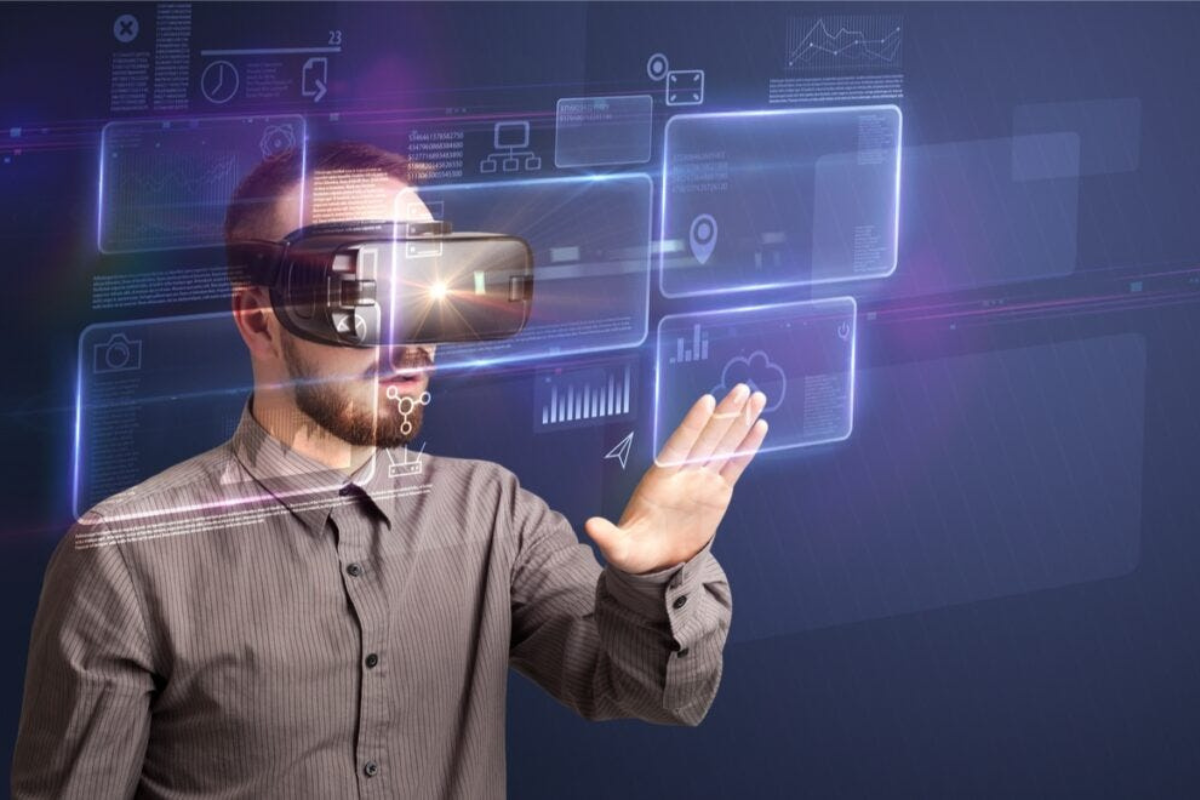The marketing landscape is constantly evolving, and in today’s digital age, companies must embrace emerging technologies to remain competitive. In this article, we will explore how companies are leveraging artificial intelligence (AI), virtual reality (VR), and other innovative technologies to enhance their marketing strategies and gain a competitive edge.
Artificial Intelligence (AI) in Marketing
Artificial intelligence has emerged as a game-changer in the marketing world, enabling companies to deliver personalized customer experiences, enhance data analytics, and automate routine tasks. By harnessing the power of AI, companies can create chatbots that provide real-time assistance to customers, improving overall engagement and satisfaction. Additionally, AI-powered data analytics and predictive modeling allow businesses to target their marketing campaigns more precisely, optimizing customer segmentation and increasing conversion rates.
Companies such as Amazon and Netflix have successfully integrated AI into their marketing strategies, providing tailored product recommendations and personalized content to their users. Despite the immense benefits of AI in marketing, there are challenges to consider, such as data privacy concerns and the need for continuous monitoring to ensure ethical and responsible use of AI technologies.
Virtual Reality (VR) and Augmented Reality (AR) in Marketing
Virtual reality and augmented reality are revolutionizing marketing by offering immersive brand experiences and interactive advertisements. VR allows customers to engage with products and services in a virtual environment, enabling virtual trials and demonstrations. For instance, automotive companies are using VR to provide potential buyers with virtual test drives, allowing them to experience the vehicle’s features without visiting a physical dealership. On the other hand, AR overlays digital content onto the real world, providing an interactive and engaging experience for consumers. Retailers are leveraging AR technology to enable virtual try-ons, allowing customers to visualize how products such as clothing or cosmetics would look on them before making a purchase. Companies like IKEA have successfully implemented AR by offering customers the ability to visualize furniture in their homes through the use of smartphone apps. While the adoption of VR and AR in marketing is still growing, companies need to address technological constraints and ensure seamless integration with existing marketing strategies.
Other Emerging Technologies in Marketing
Apart from AI and VR/AR, various other emerging technologies are reshaping the marketing landscape. The Internet of Things (IoT) is enabling marketers to collect real-time data from connected devices, helping them deliver more personalized experiences and streamline customer interactions. Voice search and smart assistants, such as Siri and Alexa, have changed the way consumers search for information, necessitating companies to optimize their content for voice-based queries. Blockchain technology is providing transparency and trust in marketing by enabling secure transactions, verifying ad impressions, and eliminating fraudulent activities. Influencer marketing has become a prominent strategy, with social media platforms acting as a catalyst for brands to connect with their target audience through influential individuals. These emerging technologies require companies to stay updated and adapt to the evolving marketing landscape to stay ahead of the competition.
The Role of Data and Privacy in Future Marketing Strategies
As technology becomes increasingly integrated into marketing strategies, the role of data and privacy becomes paramount. Data-driven marketing decisions offer valuable insights into consumer behavior, enabling companies to personalize their offerings and target the right audience effectively. However, ethical considerations and privacy concerns must be addressed to maintain customer trust and comply with data regulations. Companies need to establish transparent data practices, obtain informed consent, and implement robust security measures to safeguard customer data. By prioritizing data ethics and privacy, companies can build long-term relationships with customers and create a competitive advantage in the market.
Takeaway
In this era of rapid technological advancement, embracing AI, VR, and other emerging technologies is no longer a luxury but a necessity for companies aiming to stay ahead in the ever-evolving marketing landscape. By leveraging artificial intelligence, businesses can deliver personalized experiences and optimize their marketing campaigns. Virtual reality and augmented reality provide immersive and interactive brand experiences that captivate consumers.
Additionally, other emerging technologies like IoT, blockchain, and influencer marketing are shaping the future of marketing. However, as technology evolves, companies must ensure responsible data practices and prioritize customer privacy to maintain trust and comply with regulations. By staying informed and adapting to upcoming technological advancements, businesses can seize the opportunities offered by the future of marketing and establish themselves as leaders in their respective industries.







